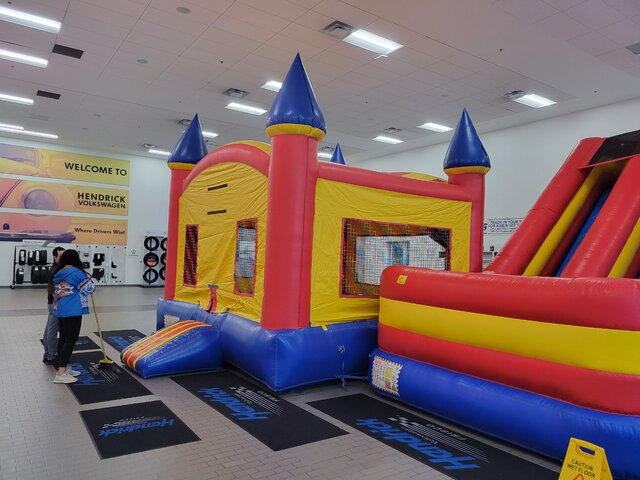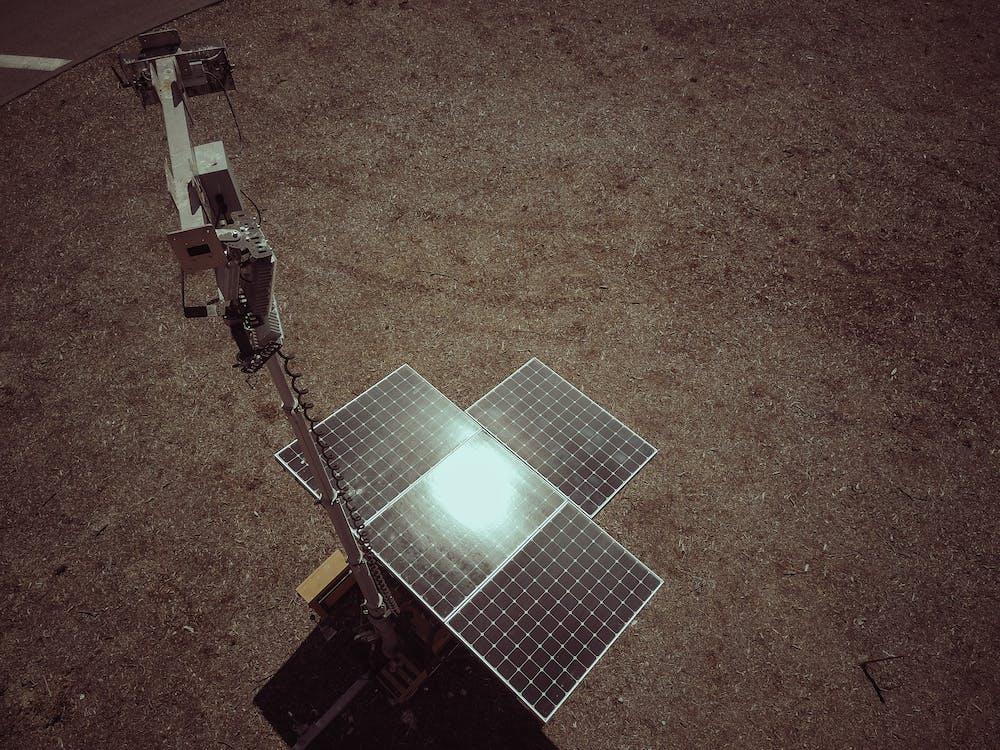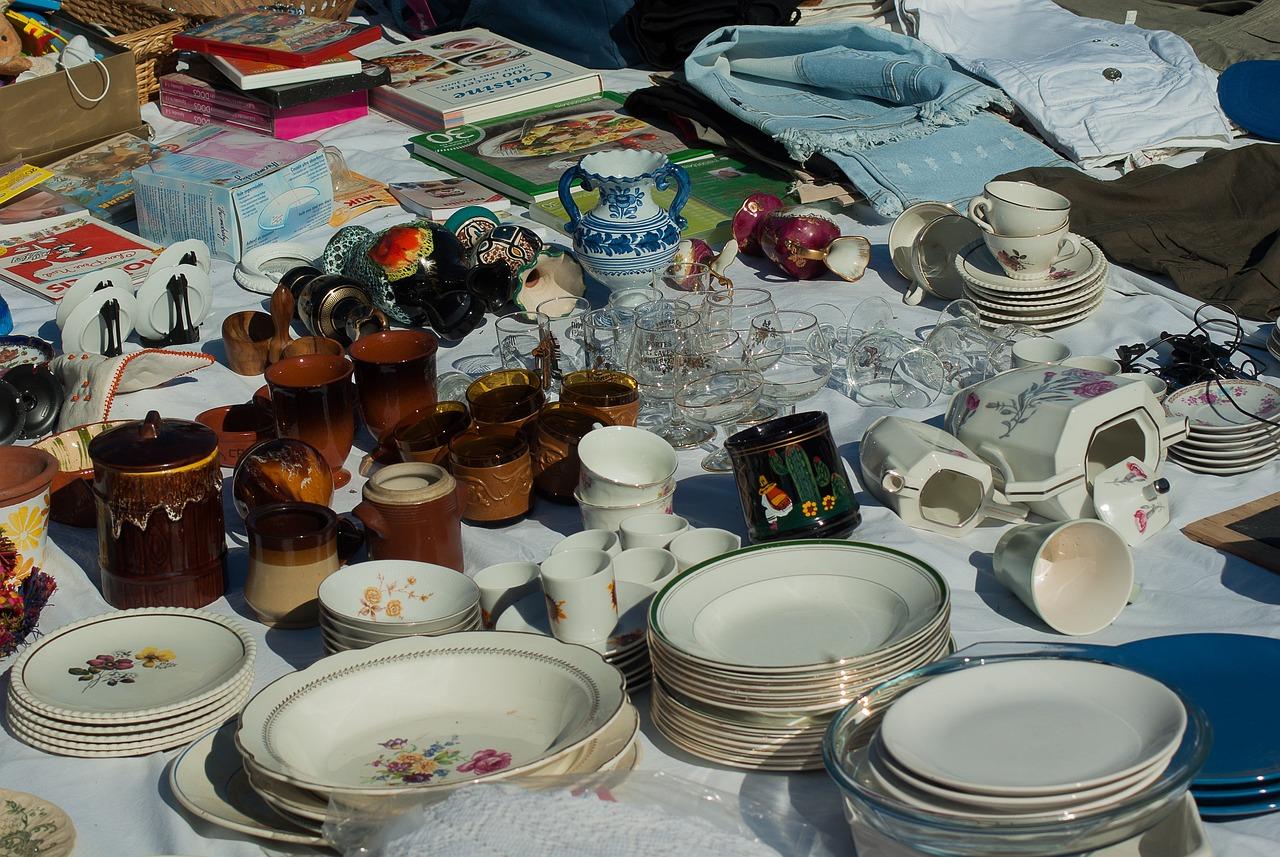Welcome to the ultimate guide on heat pump installation! If you’re looking to upgrade your home’s heating and cooling system, you’re in the right place. Installing a heat pump in your existing home can be a game-changer, providing efficient heating and cooling while saving you money on energy bills. In this comprehensive guide, we’ll walk you through everything you need to know to tackle this project like a pro.
Why Choose a Heat Pump?
Before diving into the installation process, let’s quickly recap why heat pumps are a fantastic choice for homeowners. Unlike traditional heating and cooling systems that rely on separate mechanisms for heating and cooling, heat pumps offer both functions in one unit. This means greater convenience, energy efficiency, and year-round comfort for you and your family.
Planning Your Installation
Before you start ripping out old HVAC systems or purchasing new equipment, it’s essential to have a solid plan in place. Here are some key steps to consider:
- Assess Your Home’s Needs: Evaluate your home’s size, layout, and existing infrastructure to determine the best type and size of heat pump for your needs.
- Choose the Right Location: Select a suitable location for your heat pump unit, considering factors such as accessibility, airflow, and noise levels.
- Gather Necessary Tools and Materials: Make a list of all the tools and materials you’ll need for the installation process, including piping, fittings, electrical wiring, and safety equipment.
Step-by-Step Installation Process
Now, let’s dive into the nitty-gritty of heat pump installation. While the specific steps may vary depending on the type and model of your heat pump, the general process typically includes the following:
- Preparation: Begin by turning off power to the existing HVAC system and carefully removing any components that will be replaced.
- Mounting the Outdoor Unit: Install the outdoor unit of the heat pump in the chosen location, ensuring it is level and securely anchored to the ground or a mounting bracket.
- Connecting Refrigerant Lines: Connect the refrigerant lines between the outdoor and indoor units, making sure to seal all connections properly to prevent leaks.
- Electrical Wiring: Wire the indoor and outdoor units to the electrical panel, following the manufacturer’s instructions and local building codes.
- Testing and Commissioning: Once the installation is complete, test the heat pump system to ensure it is functioning correctly. This includes checking for proper airflow, temperature control, and system efficiency.
DIY vs. Professional Installation
While DIY installation can be a rewarding project for experienced homeowners, it’s essential to recognize when it’s best to leave the job to the professionals. Complex installations, electrical work, or dealing with refrigerants may require specialized knowledge and skills best handled by trained technicians.
Congratulations! You’ve now armed yourself with the knowledge and confidence to tackle a heat pump installation project like a pro. By following the steps outlined in this guide and consulting with experts when needed, you can enjoy the benefits of efficient heating and cooling in your home for years to come. Say goodbye to sky-high energy bills and hello to year-round comfort with your new heat pump installation!
So what are you waiting for? Dive in and transform your home’s comfort with a brand-new heat pump installation today!










